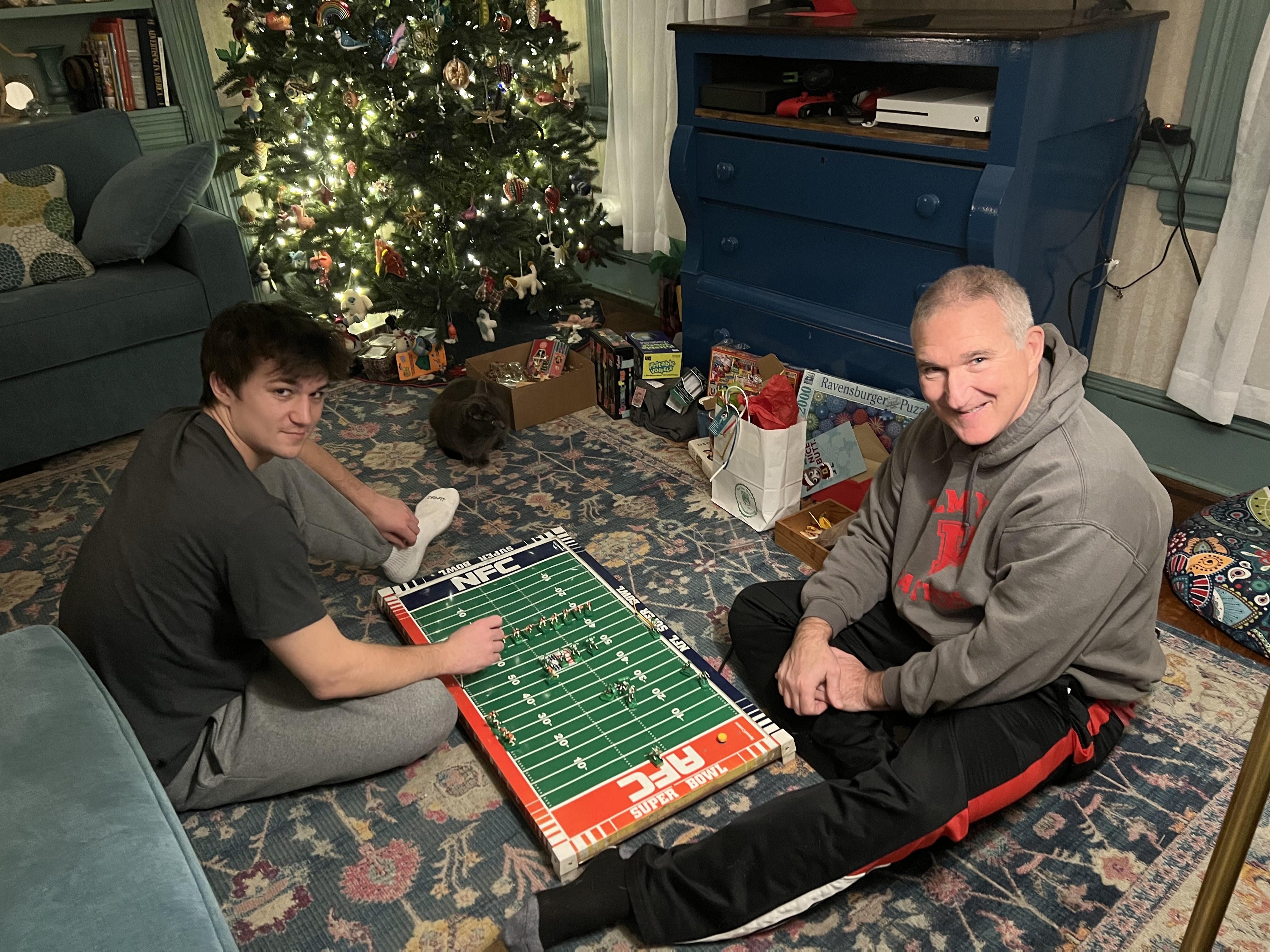

Competitive disparity has sapped my interest in NJ high school wrestling
This year, I reconnected with some old college wrestling teammates from the mighty Rutgers-Camden Pioneers. Some of these guys I hadn’t seen in decades. We’re now a bunch of old dudes!
We met to watch the NJSIAA States in Atlantic City on Friday night.
Over the past few weeks there has been turmoil in NJ boys wrestling. A wrestler’s lawyer got a judge to issue a temporary restraining order after the NJSIAA had disqualified him following a fist fight in the stands in the district tournament two weeks before. That enabled the wrestler to wrestle for and win his fourth state title, a feat only accomplished four times previously.
This was an interesting piece on nj.com about it. Who’s culpable for the District fight? Who’s guilty? I’m not dealing with all that–it’s all over the news and you can draw your own opinion. I was interested in the nj.com piece’s “all that’s wrong in high school sports” angle.
I’m not justifying violence or even unsportsmanlike jeering from fans, but the district melee, as many have chronicled, resulted from a boiling over of recent frustrations that private schools teams, which can recruit athletes from anywhere, have been moved all over the state–often far from their location–and plopped in districts 90% comprised of public schools rostered based on their geographic borders. This piece describes the larger problems of high school sports that evinced themselves through this situation and how in wrestling, many people are sick of the competitive disparity.
Anyway, on Friday night we watched the boys and girls semis and wrestle-backs between visits to a couple watering holes.
I didn’t bother with Saturday’s finals. I know people love Saturday at States–I mean 10,000-some fans–but I’m no longer among them. About 70% of this year’s boys finalists came from private schools (65% last year), which by my quick count only make up about 10% of the roughly 325 schools that start the march toward States at districts. Half the finalists were from four of those schools.
I’m still close to high school competition, and I’m around these wrestlers and their coaches. The kids? Tough as nails. The coaches? Smart wrestling people. But these are only “teams” in a kind of contortion of that word and concept, at least at the high school level. They are an assemblage of kids who paid or were paid to wear the same singlets.
My teammates and I had conversations about this. Does this disparity really mean something is wrong with the sport? What should be done? Why are things like this now compared to years ago?
In answer to that last question, I guess recently administrators running borderless private school districts have become acutely aware how in our hyper-competitive school environment they can populate their athletic teams (and their academic “squads”) from anywhere.
What can be done? High school and college sports have always divided schools into sensible categories, in high school by size and public or non-public classification, and in college by scholarships (e.g., Division I, II, III). If something is wrong, NJ wrestling, as many have proposed, could solve it by taking the thirty or so private schools and having them wrestle out of their own districts into their own region, and then all regions could still come together for the much-celebrated single NJ State Champ.
But is it all “wrong”?–a value judgment, for sure. For me, involved with NJ wrestling for 40 years, it’s just less interesting. I went to AC to meet brothers I hadn’t seen in years and watch Friday wrestling. Saturday morning we all parted ways, and I drove home. I had a ticket for the Saturday finals–I did contemplate going to check out the more interesting girls final bouts–but I left it behind.




